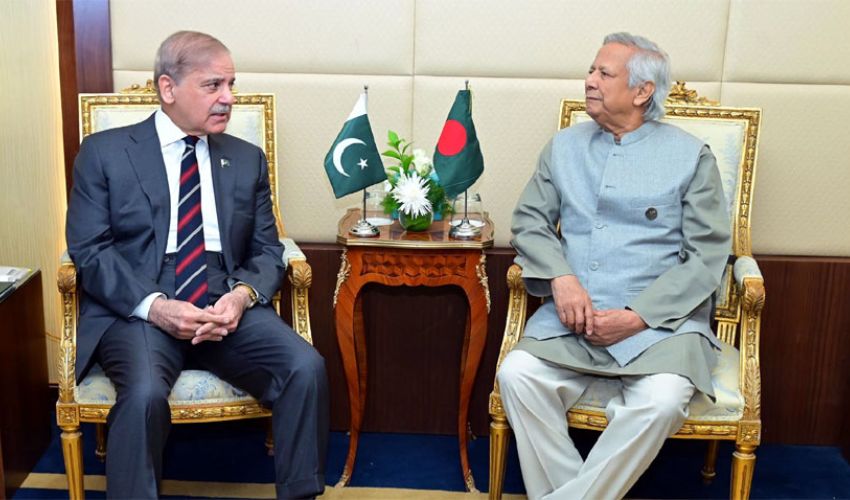On September 23, 1965, the 23rd day of the war between Pakistan and India, a ceasefire was officially announced following intense military engagements across various sectors. The United Nations Security Council unanimously passed a resolution demanding an unconditional ceasefire, which both countries accepted.
Prior to the ceasefire, Indian forces attempted to regain lost territory in several areas. In the Sialkot and Jammu sectors, Pakistani forces maintained their advantage, limiting enemy movement with air force support. Indian troops launched unsuccessful attacks in the Wagah-Attari and Khem Karan sectors, facing strong resistance from Pakistani defenses.
In the Rajasthan sector, Pakistani forces thwarted an Indian attempt to capture Dali on September 22, taking 97 Indian soldiers prisoner, including five officers. Mujahideen forces reported neutralizing over 80 Indian troops in the past 24 hours.
Naval engagements also occurred, with Pakistan Navy reportedly destroying an attacking Indian frigate in deep waters. The Pakistan Air Force successfully targeted an Indian convoy carrying heavy weapons and ammunition in the Wagah-Attari sector.
Air Marshal Noor Khan commended the exceptional performance of the Pakistan Air Force during the conflict. The Pakistani public expressed strong support for President Ayub Khan's decision to accept the ceasefire proposal.
This ceasefire marked the end of the 23-day war, which saw intense fighting across multiple fronts and demonstrated the strategic importance of air and naval power in modern warfare.


























